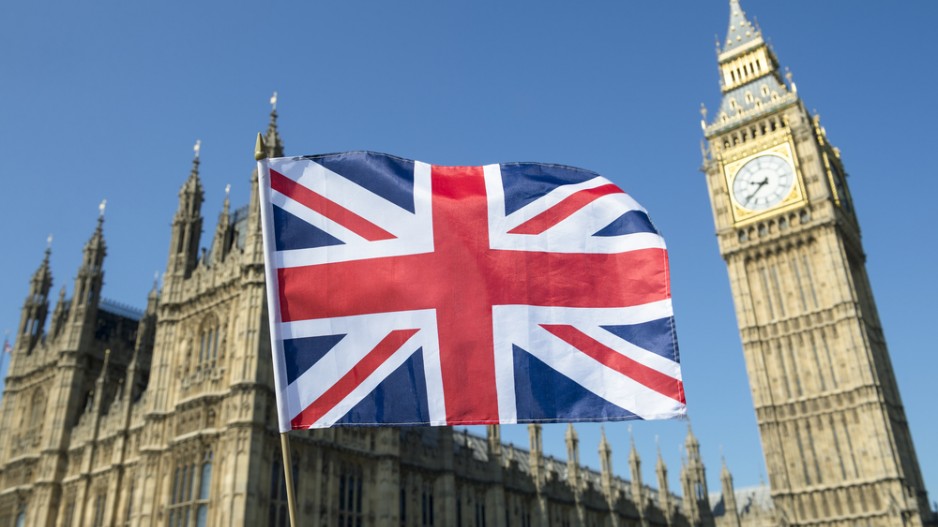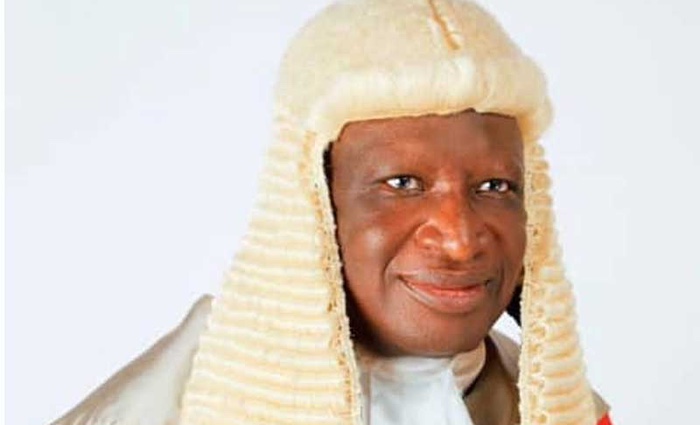United Kingdom’s Prime Minister Keir Starmer is set to increase university tuition fees for the first time in eight years, according to a report from The Telegraph.
Gatekeepers News reports that the increase, announced by Education Secretary Bridget Phillipson, will align tuition fees with the Retail Price Index (RPI) inflation.
This change is anticipated to take effect in September 2025, impacting A-level students currently applying to universities.
Tuition fees have remained at £9,250 since 2017, without adjustment for inflation. If fees are linked to the current inflation rate of 2.7%, they could rise to approximately £9,500 starting next year.
Previous discussions suggested that the government may aim to raise tuition fees to £10,500 over the next five years. However, reports indicate that ministers prefer not to commit to increases beyond the next academic year as they evaluate a potential overhaul of the funding system.
This decision follows alarming financial reports from universities, with 40% of English institutions anticipating deficits this year. The Coalition government previously raised tuition fees to £9,000 in 2012, and they increased to £9,250 in 2017. Since then, fees have remained static despite rising inflation. The Russell Group of elite universities has highlighted that the current cap on tuition fees results in a loss of about £4,000 per UK student.
Furthermore, university finances have been significantly impacted by a decline in international student enrollments, largely due to stricter visa regulations. Between July and September, there was a reported 16% decrease in visa applications compared to the same period in the previous year. International students, who generally contribute higher tuition fees, have been crucial to university funding; their reduced numbers have intensified calls for government intervention.
Discussions had suggested the government might announce a small fee increase in the recent Budget, reflecting the dire circumstances facing the sector. However, Chancellor Rachel Reeves did not include any new funding measures for higher education. Reports indicate she faced pressure to increase tuition fees alongside a reinstatement of maintenance grants, which could cost the Treasury approximately £2.3 billion annually.
The planned tuition fee increase is seen as an initial step towards a comprehensive reform of the university funding model. Phillipson is expected to frame this rise as part of a broader strategy, which may eventually involve the reintroduction of maintenance grants, a form of means-tested financial aid eliminated in 2016. The government is also considering alterations to the tuition fee repayment system to address concerns that the increasing student debt burden disproportionately affects graduates from less advantaged backgrounds.
In recent months, ministers have been engaging with key representatives from the university sector, responding to urgent demands for support.
Vivienne Stern, Chief Executive of Universities UK (UUK), emphasised the need for government intervention to “stabilise the ship,” advocating for fees to increase in line with inflation starting in the 2025/26 academic year.
She said: “Just get on and index-link the fee – this cannot be allowed to continue. That’s the bare minimum – you know, you can’t go on like this.”
UUK’s analysis suggests that had investment in university teaching kept pace with inflation, funding per student would currently range between £12,000 and £13,000.







